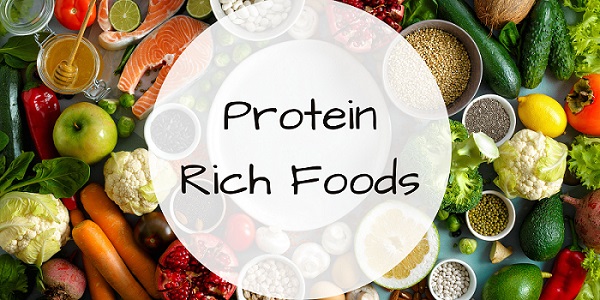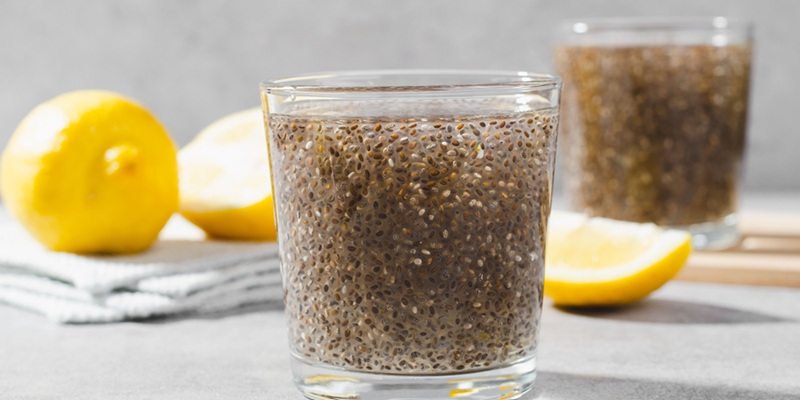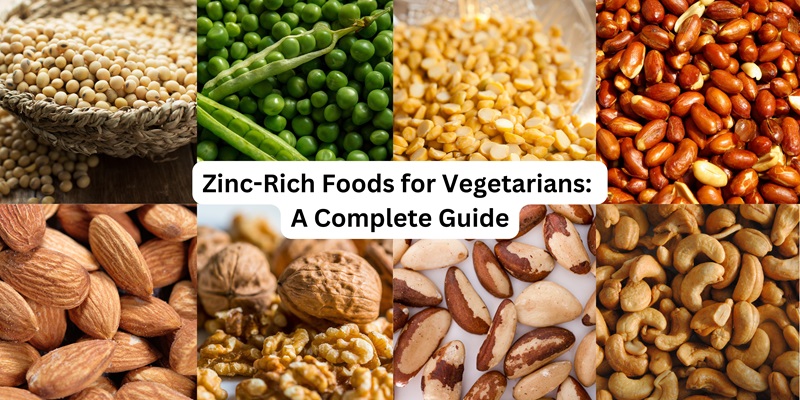In a healthy and balanced diet, the importance of protein cannot be Overemphasized. Protein is a fundamental macronutrient that plays a crucial role in various body functions, including muscle development, immune system support, and hormone production. Whether you’re an athlete striving for peak performance or someone looking to maintain overall well-being, incorporating protein-rich foods into your diet is essential.
Top Protein Rich Food You Need To Have
1. Lean Poultry
One of the most popular and readily available sources of protein is lean poultry, such as chicken and turkey. Not only are they rich in high-quality protein, but they also provide essential nutrients like B vitamins and selenium. Grilled, baked, or roasted, poultry offers versatility in cooking, making it a staple for those seeking a lean protein source.
2. Eggs
Eggs are often hailed as a nutritional powerhouse, and for good reason. Packed with high-quality protein, eggs contain all the essential amino acids needed by the body. Additionally, they are a rich source of vitamins, including B12 and riboflavin, and minerals such as iron and zinc. Whether scrambled, boiled, or poached, eggs make for a convenient and versatile protein option.
3. Almonds
Almonds are not only a delicious and versatile nut but also a great source of protein. Protein is an essential nutrient that plays a crucial role in the growth, repair, and maintenance of various tissues in the body. Almonds, in particular, consist a notable protein content, making them a valuable addition to a balanced diet.
In addition to protein, almonds also offer other nutrients, including healthy fats, dietary fiber, vitamins, and minerals.
4. Pumpkin Seeds
Pumpkin seeds are particularly notable for their protein content, providing a substantial amount in a small serving. The protein in pumpkin seeds is not only abundant but also contains a well-balanced mix of amino acids, which are the building blocks of proteins. This makes them an excellent snack or ingredient for those looking to boost their protein intake. Buy Premium Quality Pumpkin Seeds Online.
5. Greek Yogurt
Greek yogurt is not only a delicious snack but also an excellent source of protein. With a thicker consistency and higher protein content compared to regular yogurt, Greek yogurt is a favorite among fitness enthusiasts. It’s also rich in probiotics, promoting gut health, and provides a satisfying option for those looking to boost their protein intake.
6. Quinoa
For those seeking plant-based protein options, quinoa stands out as a complete protein source. Unlike many plant foods, quinoa contains all nine essential amino acids, making it an excellent choice for vegetarians and vegans. Additionally, quinoa is a good source of fiber, iron, and magnesium, contributing to overall nutritional balance.
7. Salmon
Fatty fish like salmon not only deliver a healthy dose of protein but also provide omega-3 fatty acids, which are essential for heart health. Salmon’s nutritional profile includes vitamin D, B vitamins, and selenium. Whether grilled, baked, or pan-seared, incorporating salmon into your diet can enhance both flavor and nutritional value.
8. Beans and Legumes
Beans and legumes, such as lentils, chickpeas, and black beans, are affordable and versatile protein sources. These plant-based options are rich in fiber, making them beneficial for digestive health. They also contain various vitamins and minerals, contributing to a well-rounded diet. Including a variety of beans and legumes in your meals can add both texture and nutrition.
9. Cottage Cheese
Cottage cheese is a dairy product that deserves recognition for its protein content and versatility. It can be enjoyed on its own or added to salads, smoothies, or even savory dishes. With a high protein-to-calorie ratio, cottage cheese is a favorite among those aiming to support muscle growth and repair.
Conclusion
Including a variety of protein-rich foods into your diet is key to meeting your nutritional needs and supporting overall health. Whether you opt for animal-based or plant-based sources, there is a wide array of choices that accommodate different dietary preferences and restrictions. Remember that balance is key, and it’s essential to consider your individual nutritional requirements, activity level, and overall health goals.






